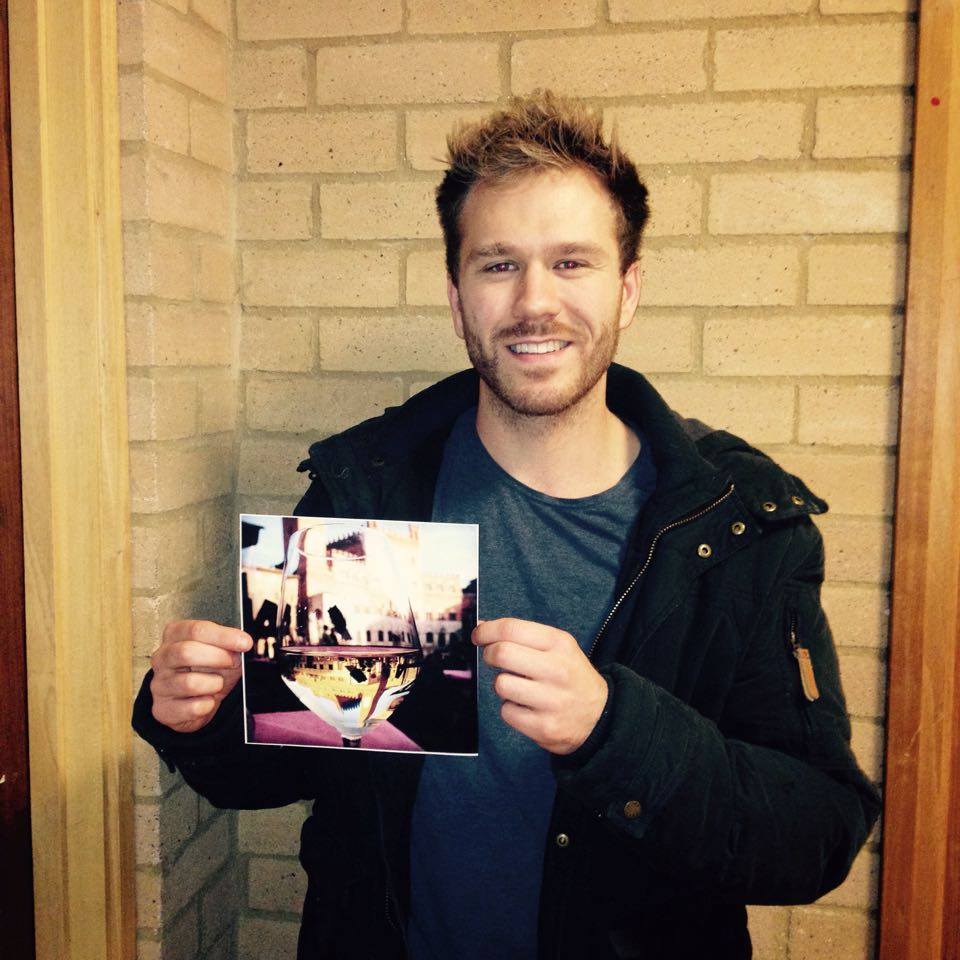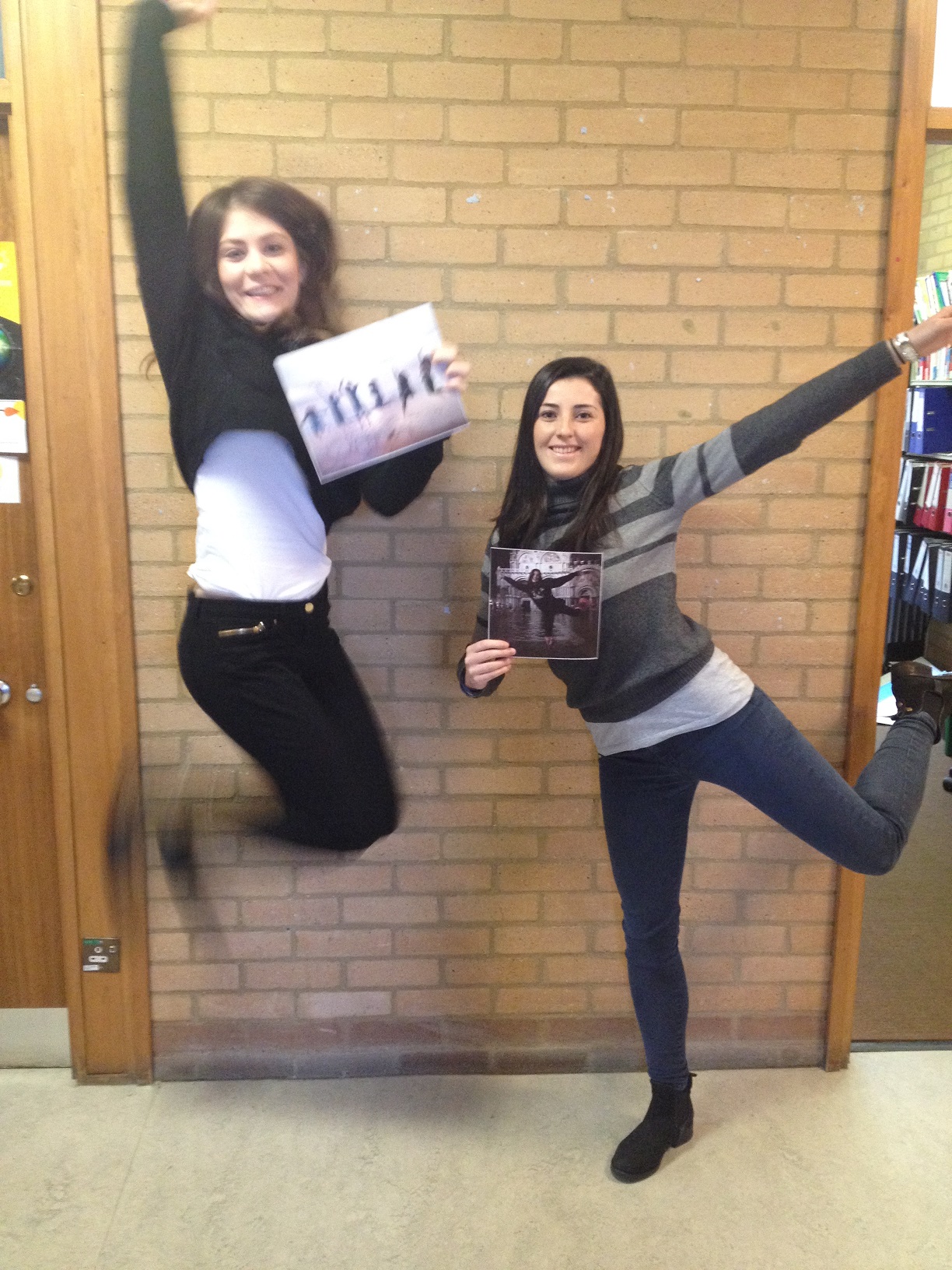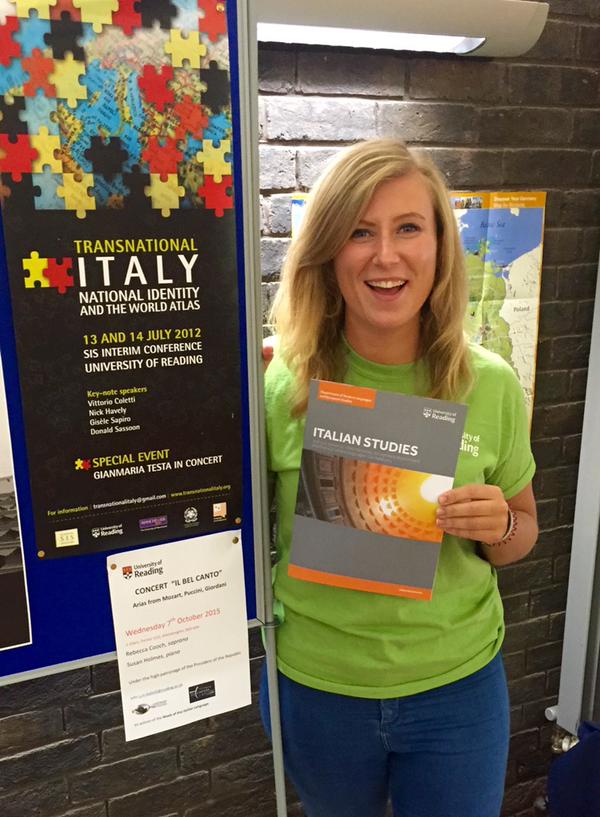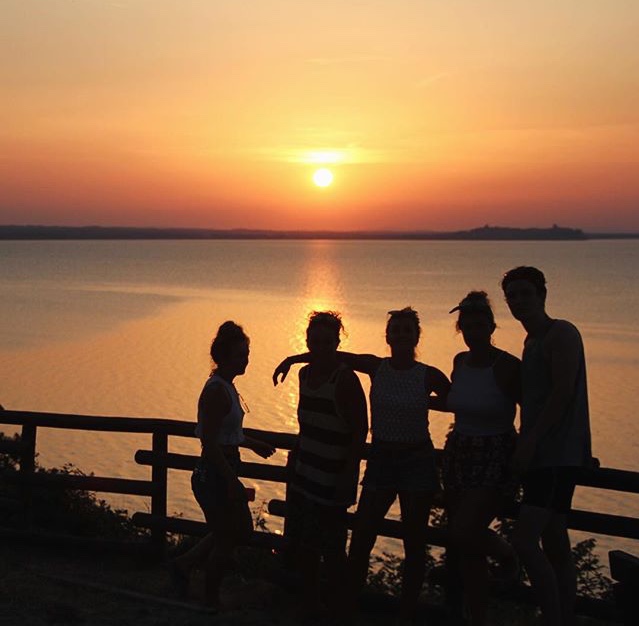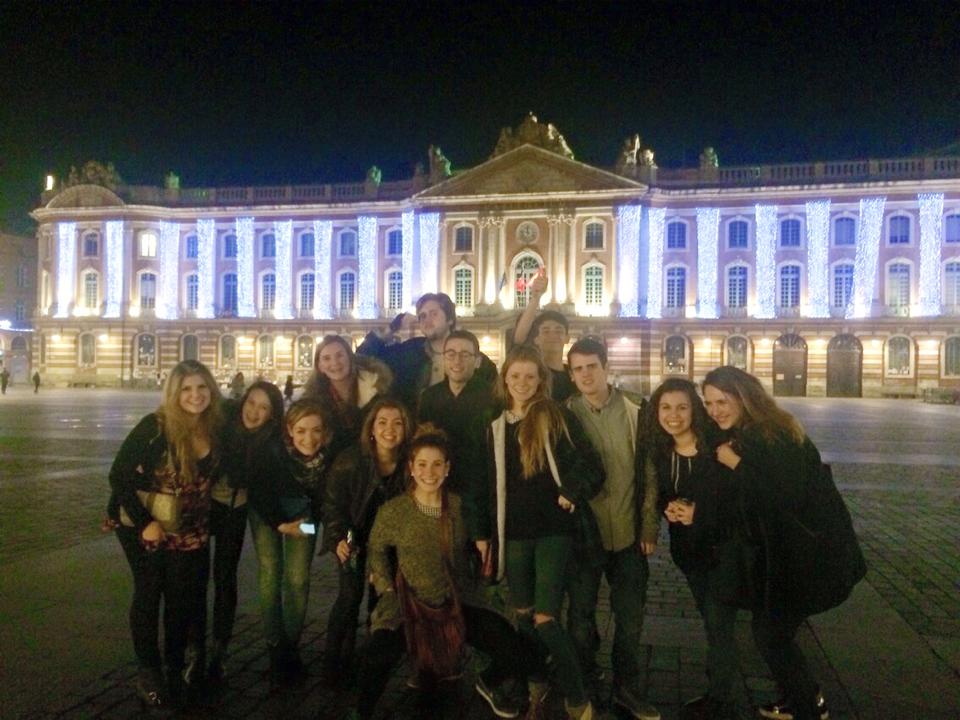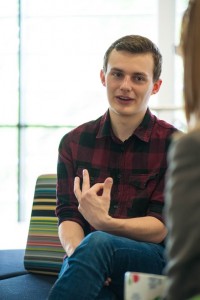2nd place Elliot Reeman (Italian and French)
 Hello my name is Elliot, and I spent my year abroad in two parts: the first half in France and the second in Italy. These were two very different experiences, but both extremely enjoyable. In France, I was in Grenoble, in the south east of France close to the Alps. This is a beautiful region of the country with amazing mountainous scenery, very cold winters and gorgeous hot summers. I arrived at the start of September for my study placement at the university of Grenoble, but the weather still somehow reached 20+ degrees into November! The university campus is large and green much like reading, but with a team network running through it and Into the town. This was incredibly handy. We spend our weekends hiking, exploring the region and watching local rugby matches. The Christmas markets in Grenoble were Great, too!
Hello my name is Elliot, and I spent my year abroad in two parts: the first half in France and the second in Italy. These were two very different experiences, but both extremely enjoyable. In France, I was in Grenoble, in the south east of France close to the Alps. This is a beautiful region of the country with amazing mountainous scenery, very cold winters and gorgeous hot summers. I arrived at the start of September for my study placement at the university of Grenoble, but the weather still somehow reached 20+ degrees into November! The university campus is large and green much like reading, but with a team network running through it and Into the town. This was incredibly handy. We spend our weekends hiking, exploring the region and watching local rugby matches. The Christmas markets in Grenoble were Great, too!
I was in Siena from February to mid July. I cannot speak highly enough of my time here. Like my time in France before, this was a study placement – at the university of Siena. After some initial administrative confusion with lecture buildings and paperwork, the classes were very interesting (and quite informal!) As for accommodation, I was living in delightfully Tuscan apartment with one other Italian guy my age (who was coincidently the son of the building’s landlady. Friends of mine from Reading also studying in Siena were living just 2 floors above me in the same apartment building. This combination of the usefulness of an Italian housemate and the comfort of my English friends so close was so perfect. As my picture shows, much of our free time was spent taking full advantage of the food and wine Tuscany has to offer. We explored Tuscany thoroughly and took trips to the closest coastal beaches. The weather from the start of May onwards was beautiful. This medieval town is the most charming place I could imagine studying on your year abroad, and it’s culture goes hand in hand with its beauty.
This is a photo which I am both proud and also slightly embarrassed to say, was a VERY typical scene during my 6 months aboard in Siena. Between our lectures we had signed up for during the semester, we would walk home, but on our way was the iconic Piazza Del Campo – the focal point of the town. With high quality bars, restaurants and cafes running the whole way around this central square, it was not hard to find yourself a seat outside, on the periphery of the Piazza with a cool class of Pinot Grigio and your choice of delicious aperitivo dishes. This particular day, my close friend Sam was visiting from Genova, where he was studying. After a spot of shopping, we rewarded ourselves with a drink in the warm sun whilst watching the world go by, appreciating the fortune of our opportunity to be living in such a beautiful country during our studies. Naturally, wanting to cause jealousy amongst my friends and family (and it being 2015), I took out my phone to send a photo of the sun hitting my glistening glass of wine. It was then that I noticed a perfectly clear reflection of the main clock tower of the Piazza in my wine glass. It didn’t even take two attempts to capture the beauty of my second home town in a way which also accurately represented the slow and indulgent lifestyle of its people.


